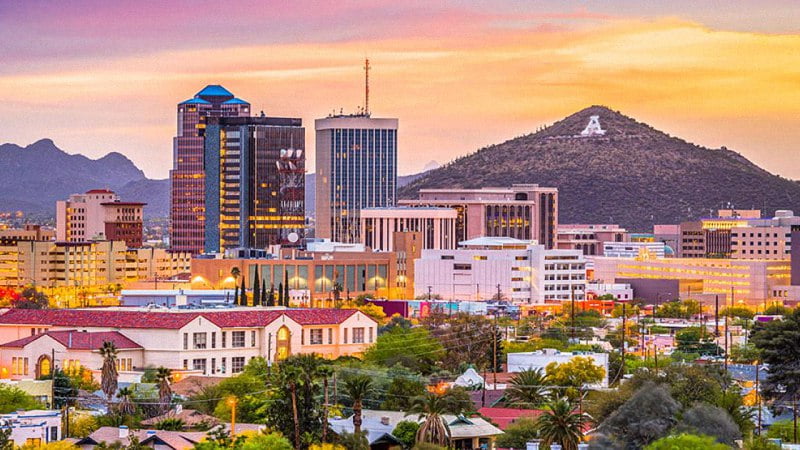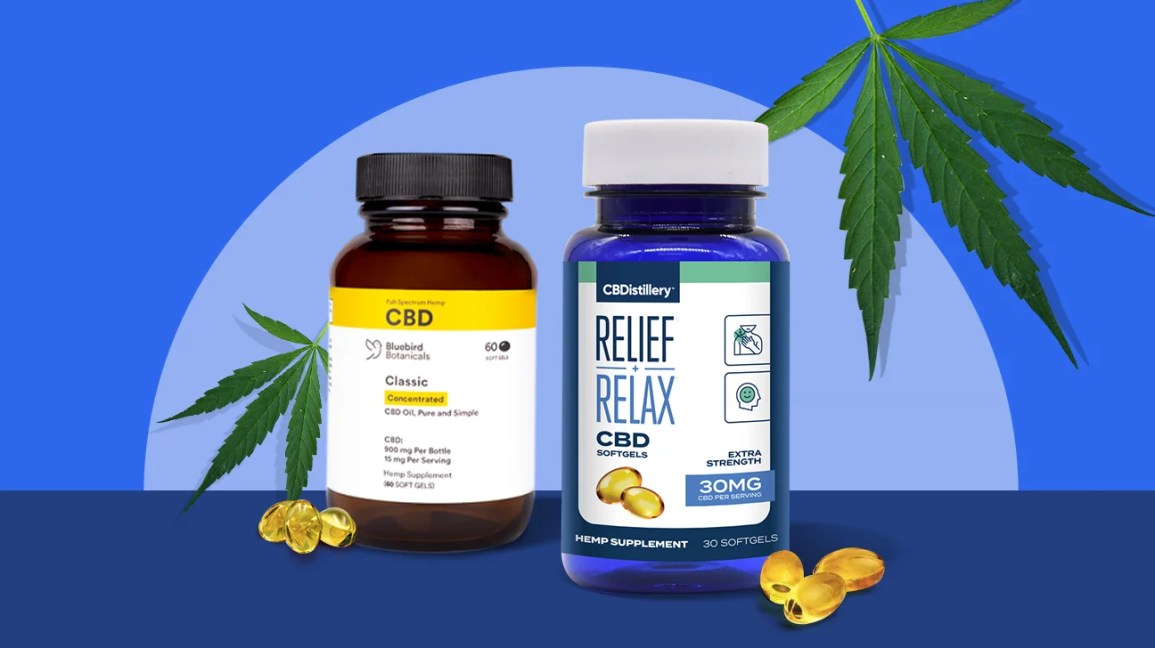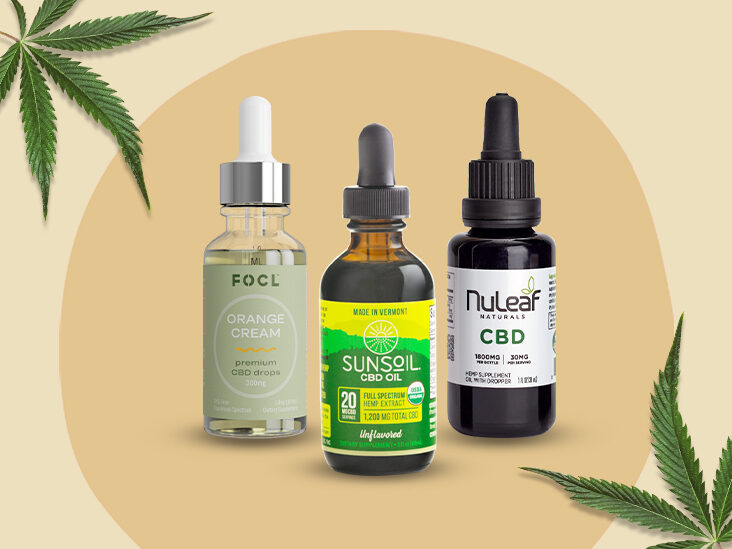
Hemp can be described as the industrial cannabis plant. It can be used in many ways, including to produce food, fiber and medicine. Although hemp has been used in the United States since thousands of years ago, cultivation was prohibited between 1937-2013. The laws have changed recently. In 2018, hemp was legalized in all 50 states.
Hemp is non-psychoactive and, therefore, it's not like marijuana. Hemp contains less than 0.3% THC. Marijuana contains much higher levels of THC. These plants have been bred to produce more flowers and more THC. This is what marijuana is known as.
Cannabis sativa is related to hemp, but marijuana is not psychoactive. Hemp has many uses, but it cannot be smoked to get high. The stalk of hemp can be used to make rope, paper, or plastics.

Hemp can also used to make alcohol, fuel and silage. Because the hemp plant can grow quickly, it's ideal for creating durable products. Some varieties of hemp are ideal for the production of essential resources in textiles.
Hemp is the fastest growing vegetable on Earth. The seed is rich in vitamins and minerals. Hemp oil can be used as a dressing for salads and in cold dishes. Hemp oil also contains CBD, a nonpsychoactive cannabinoid, which is an important ingredient in hemp products. Some evidence suggests that hemp's combination of compounds can enhance therapeutic effects.
Hemp seeds are rich in protein, minerals, and both omega-3 and 6 fatty acids. You can eat them raw or make oils or derivatives from them. Hemp was once considered a drug similar to heroin. The Farm Bill, which was passed in December 2018, expanded the legal definition of hemp to include industrial hemp. Now, hemp can be grown for commercial purposes by farmers.
All fifty states have legalized industrial hemp, however each state must establish its own hemp cultivation program. Farmers cannot sell hemp across state lines as it is not yet federally regulated. However, participants in the state’s pilot program can sell hemp.

Because of its medicinal benefits, cannabidiol (CBD) is becoming increasingly popular in the United States. Harbor Hemp is one of the companies that has started manufacturing CBD tinctures. Canopy Growth is also tapping into the market. They have recorded $73 Million in sales over this past year.
The FDA has not received any reports of adverse events involving hemp products. The FDA is aware of reports that pets have consumed cannabis. Reporting Information about Animal Drugs and Devices is available if you suspect that your pet has been using marijuana.
Hemp can legally be grown in the United States. Farmers are encouraged to apply for state-issued hemp cultivation licenses. Farmers can continue to depend on insurance for crop safety because the Federal Crop Insurance Act provides protection against crop failure.
FAQ
Is there any evidence CBD has anxiety-reducing properties?
CBD oil is an effective treatment for anxiety. This happens because it interacts to certain brain receptors called CB1 (and CB2), respectively. The endocannabinoid system regulates mood and stress responses.
Our bodies activate the CB1 receptor when we feel anxious. This receptor triggers the amygdala and is responsible to emotional processing.
The CB1 receptor can be blocked so that the amygdala does not receive the signal it needs to process emotions. CBD users report less negative feelings.
2017 study found that CBD helps reduce anxiety in social phobia patients. Another study confirmed that CBD can reduce symptoms associated with PTSD.
A 2018 review concluded CBD's anxiolytic qualities could be helpful in treating generalized anxiety disorder.
Another study indicated that CBD might help reduce panic attacks.
Numerous studies have found that CBD can increase anxiety in mice.
The difference in results between animals and humans could be explained by differences in the way that CBD is metabolized in different species.
CBD does not have any safety data. Experts are unanimous that CBD is safe if used as directed.
Is CBD a good place to invest?
As more people are aware of the many benefits of hemp-based products and their market, it continues to grow. By 2022, the market for hemp-based products will reach $1 billion.
It is also expected that the market will continue to grow at an annual rate exceeding 20% through 2020 when it reaches $2.5 Billion.
Hemp oil has been used in many beauty products and health care products including creams, lotions.
There are many companies that produce CBD-infused foods, snacks, pet food and dog treats.
CBD is currently legal in all 50 US states. This may change quickly. As more research is conducted into the potential uses of CBD, more laws will likely be passed, making it easier for businesses to operate legally.
These are just a few of the many reasons CBD investment can be lucrative.
How can CBD products be successfully promoted by companies in a regulatory-compliant way?
The FDA does not regulate hemp for its agricultural commodities. The Controlled Substances Act regulates all cannabis derivatives, including marijuana. To date, there are no specific regulations for CBD.
CBD is legal in 29 states. Federal law, however, still considers it illegal. Businesses looking to sell CBD products are left in uncertainty.
The FDA has specific guidelines on how CBD products must be marketed. They must disclose the THC content of any CBD products. Without scientific evidence supporting this claim, CBD cannot be used to treat certain medical conditions.
Further, the FDA requires that manufacturers provide information on manufacturing practices and quality controls. Companies are also required to participate in clinical trials in order to demonstrate safety and efficacy.
These are important considerations for companies when creating their marketing strategies.
Can I use CBD during pregnancy?
There isn't enough research to know if CBD is safe to use during pregnancy.
However, the little information available suggests that CBD is unlikely to cause harm to the baby.
Pregnant women should not take CBD unless their doctor has recommended it.
In fact, the Food and Drug Administration recently issued a warning about potential risks associated with taking CBD while pregnant.
FDA states that there are some indications that cannabis use during pregnancy could increase the chance of miscarriage.
According to the agency, more research is necessary before a firm conclusion can been drawn.
Does CBD have a future?
Yes. But not because of its medical benefits but rather due to its ability to help people feel better without getting high.
It is a great alternative to prescription drugs because it doesn't make your feel different.
And as we know from studies, there is a lot of evidence showing that cannabis helps with pain relief, anxiety, depression, insomnia, and many other conditions.
Cannabinoids found in cannabis also interact with the receptors in our brains. This interaction results in feelings of relaxation as well as well-being.
So if you're interested in using cannabidiol (CBD) oil for health reasons, then it's important to understand what exactly it does and how it affects us.
What CBD products sell the most?
CBD products are all over the place these days. People are buying them for everything from anxiety to pain relief. The market is huge and growing fast.
But why do people purchase CBD? And how does this affect you as a brand owner?
Statista reports that CBD products have relaxing properties. They are also used for their anti-inflammatory properties.
This means that if your product has both CBD and THC, then it can be sold for both recreational and medicinal purposes.
But what about brands that only focus on one specific purpose? It won't be able to compete if it sells CBD for pain relief.
Furthermore, a brand who focuses on CBD-based medical uses will be able to attract a lot of customers.
But, if a brand is looking to target recreational users they will need to develop a unique selling position (USP). A USP can be described as a unique selling proposition (USP) that is unique to a brand.
For example, certain brands offer free shipping. Others offer discounts for bulk orders.
Statistics
- A recent study [161] also found that in vitro CBD treatment (i.e., ≤ 2 h exposure to 10 μM) induced ~40% vasorelaxation in isolated (pre-constricted) (ncbi.nlm.nih.gov)
- HR −16 mmHg; 95% CI −26, −6; I2 = 92%) (ncbi.nlm.nih.gov)
- OralWhere HED is the human equivalent dose, and Km is a correction factor estimated by dividing the average body mass (BM) of the species (60, 0.020, and 0.150 kg for 11 humans, mice, and rats, respectively) and by its surface area (see: Nair et al. (ncbi.nlm.nih.gov)
- As a substance that was federally illegal before the passage of the 2018 Farm Bill, hemp-derived cannabinoids with no more than 0.3% THC still face a regulatory grey area. (forbes.com)
- however, one study also found that these effects were virtually abolished when the original media (a nutrient broth agar) was replaced with one containing 5% blood (increasing the minimum concentration to ~160 μM CBD) [179]. (ncbi.nlm.nih.gov)
External Links
How To
How to Get Certified for Selling CBD Products
CBD (cannabidiol), a cannabinoid found in cannabis plants, is just one of the many. It has been used medicinally in many countries throughout history, including traditional Chinese medicine and India. Due to its ability treat conditions like anxiety and pain, epilepsy, inflammation, and other ailments, it has become increasingly popular. There is no formal certification program for CBD products. At least, not in the U.S. Anyone who wants to sell CBD products will have to use the "unofficial", self-certification process.
There are two methods to do this. One way to do this is to join the local association of cannabis-business owners. You can get support and advice from other members while learning from them. There are many organizations in the United States. You can also go online and start your own business. Many states allow canna businesses to operate online. You can create your own website and start taking orders immediately if you are allowed to do so. However, you will still need to register at your state's Department of Public Health. After you have registered, you can apply for a license from your state's Department of Public Health. After receiving your license, you are legally allowed to open a store and start accepting orders.